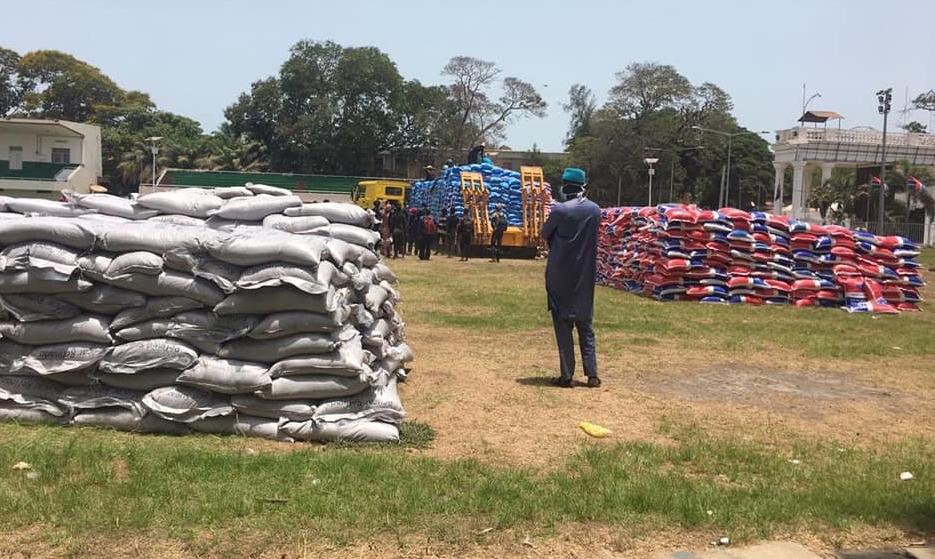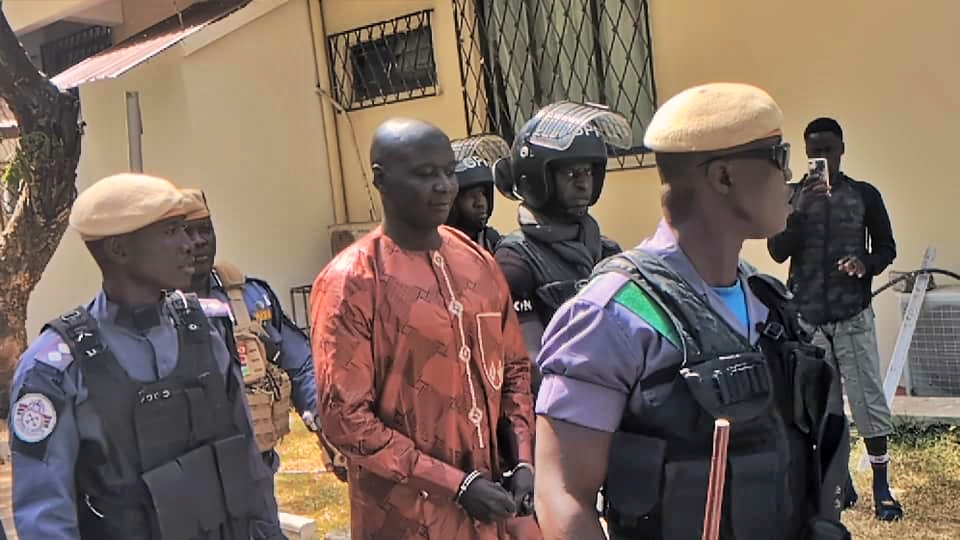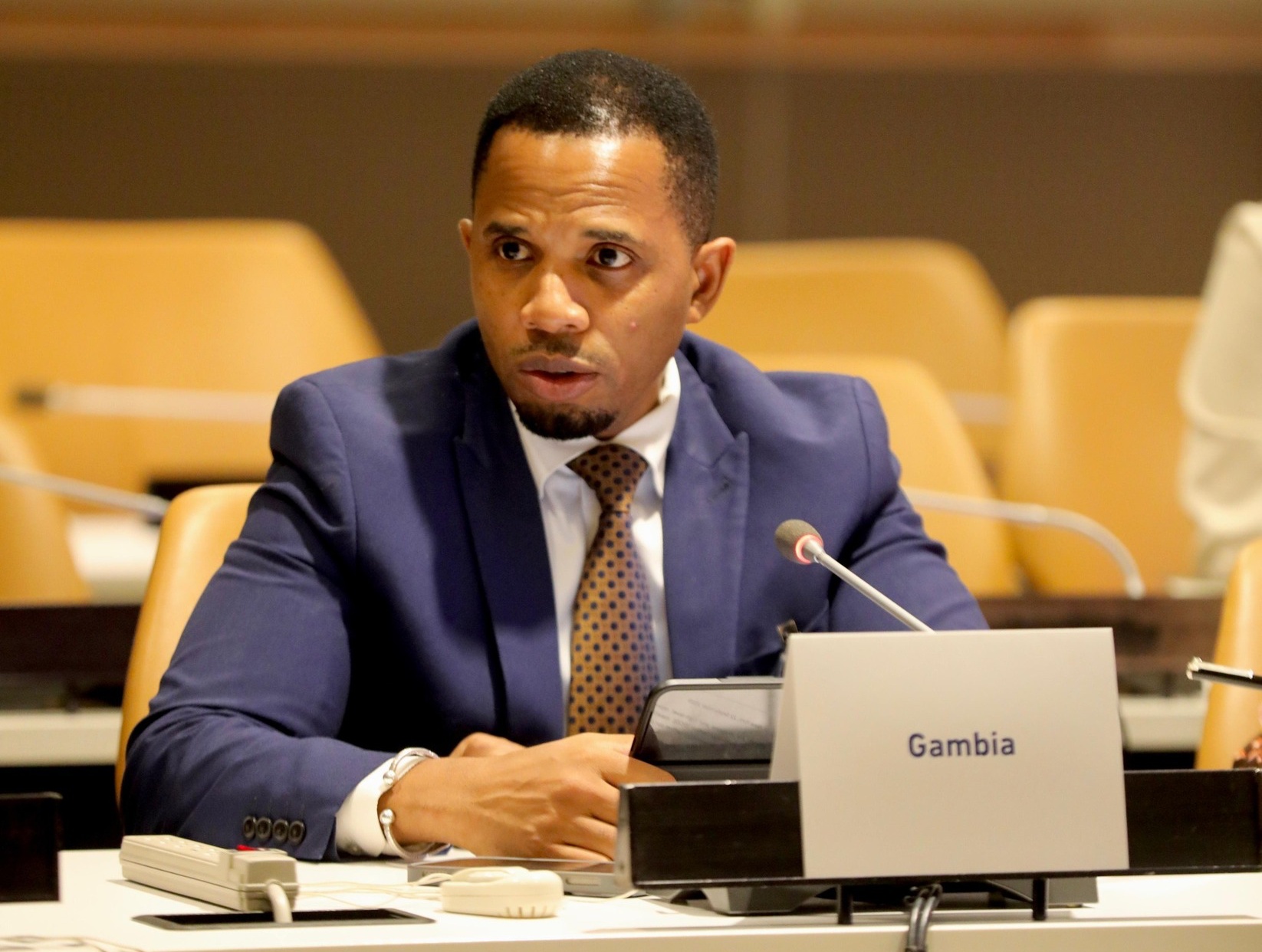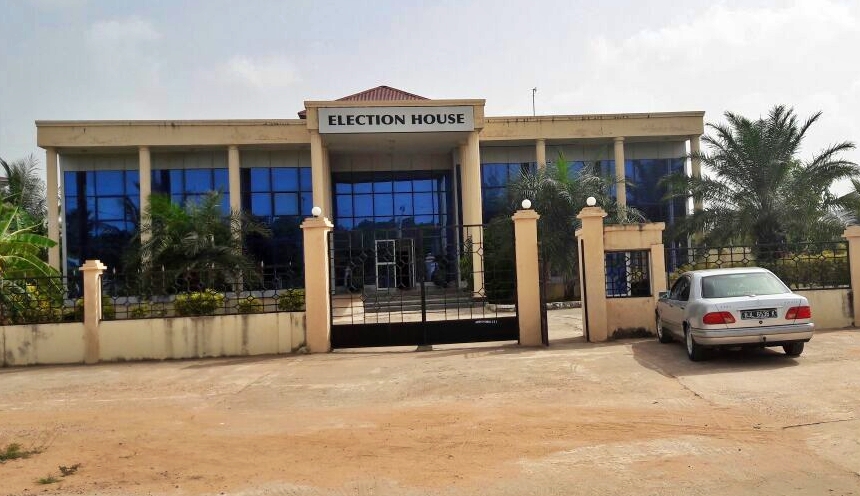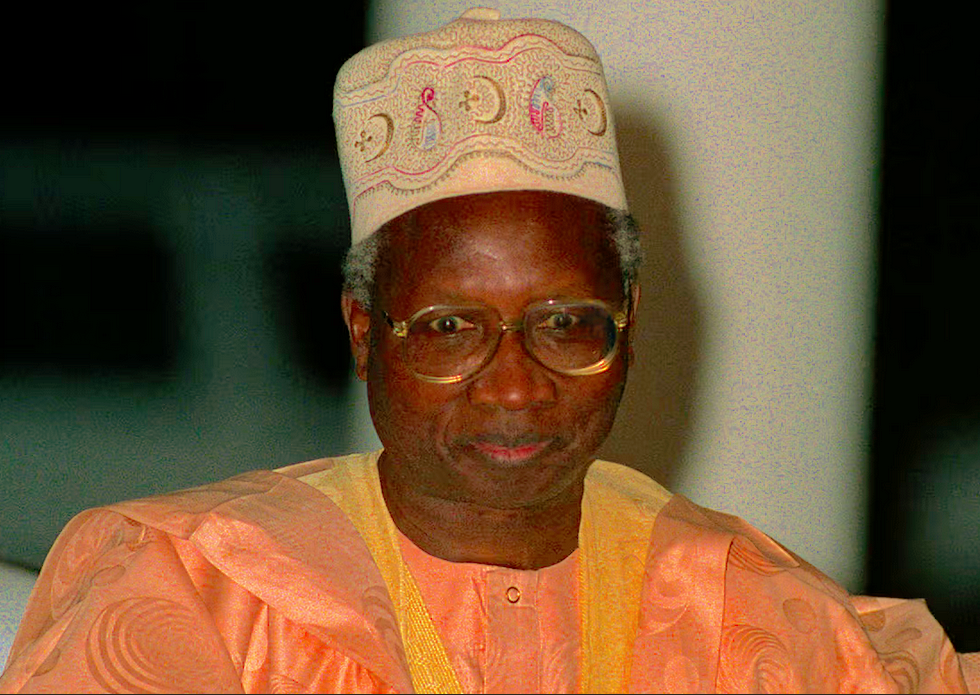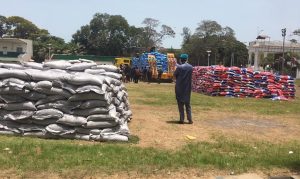Gambiaj.com – (BANJUL) – In an exclusive interview with the Gambia Journal’s reporter Mustapha Jarju, Demba Ali Jawo, a journalist and former Minister of Information, shares his insights on the legacy of Sir Dawda Kairaba Jawara, the first President of the Republic of The Gambia. Jau, who was part of a team assisting Jawara with his memoirs, reminisces about the late president’s humility, his interactions with the public, and the challenges he faced post-presidency. Highlighting Jawara’s exemplary leadership and the nation’s respect for him, Jawo reflects on the lessons current and future Gambian leaders can learn from Jawara’s dedication to peace, democracy, and inclusive governance.
Mustapha Jarju: Can you tell us your name?
Demba Ali Jawo: My name is Demba Ali Jawo. I’m a former journalist, a former Minister of Information, and currently a retiree.
Mustapha Jarju: On the centenary of the former Gambian President and the first Head of State of the Republic of the Gambia, Dawda Kairaba Jawara, I would like you to take us through anything personal that you know about Jawara, especially his social relationships with people.
Demba Ali Jawo: Well, yes, you’re right. Dawda Kairaba Jawara was the first President of the Gambia, so we refer to him as the founding father of the nation. He was a very humble person. I’ve had personal interactions with him. Although I never worked directly under him while he was president, I interacted with him on several occasions, particularly after he returned from the United Kingdom. He was also planning to write a book. So, as I said, I never directly worked under Sir Dawda, but when he came back from the UK after the coup d’état, I used to visit his house because he was in the process of writing his memoirs, his biography. I was part of the group he contacted to help him with this task. Unfortunately, I couldn’t continue with the process because I had to leave the country to go to Senegal for work.

Mustapha Jarju: But you did find him to be a very humble man?
Demba Ali Jawo: Yes, absolutely. He was loved by virtually the whole country. Despite everything that happened to him, people continued to revere his legacy and respect him. He did great things for his country.
Mustapha Jarju: It’s often seen in many African countries that former presidents either leave the country after their tenure or have tight security if they stay. How was Dawda Kairaba Jawara’s life after returning from exile in the United Kingdom?
Demba Ali Jawo: He lived a very simple, humble life. You would hardly see any security around his place. I used to visit him, and we would chat because we were trying to write his memoirs. He often left his home to walk around the area alone. He was such a humble man and was loved by everyone. Security was not an issue for him because he was so well-regarded.
Mustapha Jarju: In the process of writing his biography, did Sir Dawda talk about the trauma or issues he faced, especially considering his tenure ended in a coup?
Demba Ali Jawo: Of course. If you read his autobiography, you will see that he mentioned undergoing problems while in the UK. These issues weren’t directly caused by the coup but by the nature of power. When you’re in a position of authority, people will do anything to be near you. But once you leave that position, they tend to distance themselves. In his case, many former friends abandoned him out of fear of the military rulers who wanted to malign him. He went through a lot of trauma and problems but eventually overcame them because of his strong character.
Mustapha Jarju: What do you think Gambians, especially the current leaders, should learn from Sir Dawda Kairaba Jawara?
Demba Ali Jawo: They should learn the importance of accommodating everyone and maintaining peace and democracy. After the change of regime, things deteriorated significantly, making people nostalgic about Sir Dawda’s time. During his tenure, the country was peaceful and democratic, and everyone’s rights were respected. He was definitely a good example for this country.
Mustapha Jarju: Thank you.
Demba Ali Jawo: Yeah, thank you.




